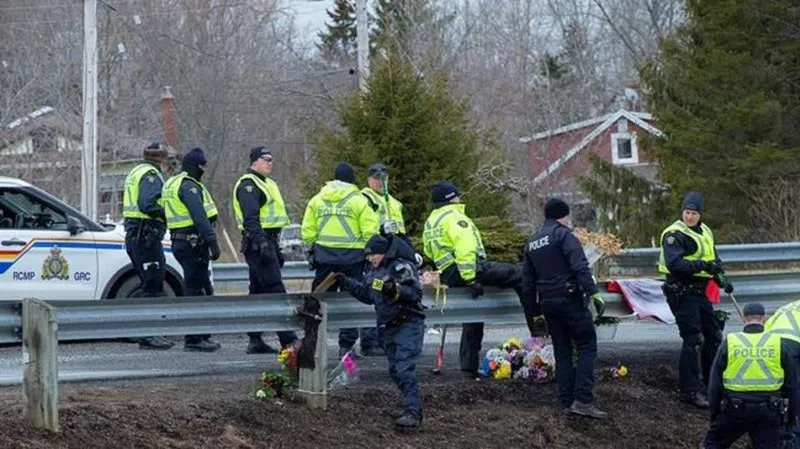
How one of Canada’s worst mass killings unfolded across northern Nova Scotia
HALIFAX — The first thing Malcolm Ryan noticed were the fires.
Ryan, 81, looked out his bedroom window at about 11:15 p.m. Saturday and across the Portapique River, where he saw a wharf and, further down the shoreline, a small cabin engulfed in flames on the property of Gabriel Wortman, whose home overlooks a marshy area of Cobequid Bay.
“It was absolutely ablaze,” Ryan told The Canadian Press. “His home wasn’t on fire, it was just the jetty and the A-frame.”
Investigators are still piecing together how Wortman blazed a path of destruction across central and northern Nova Scotia last weekend, killing 22.